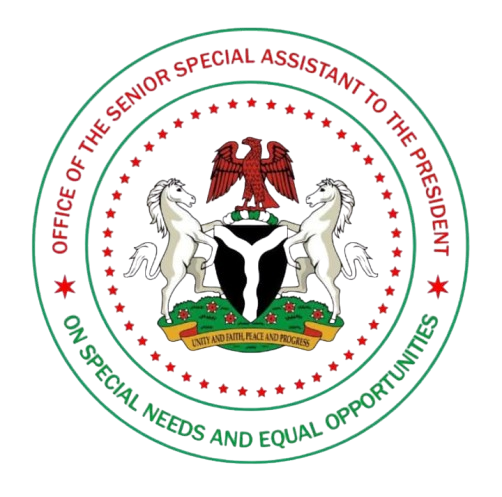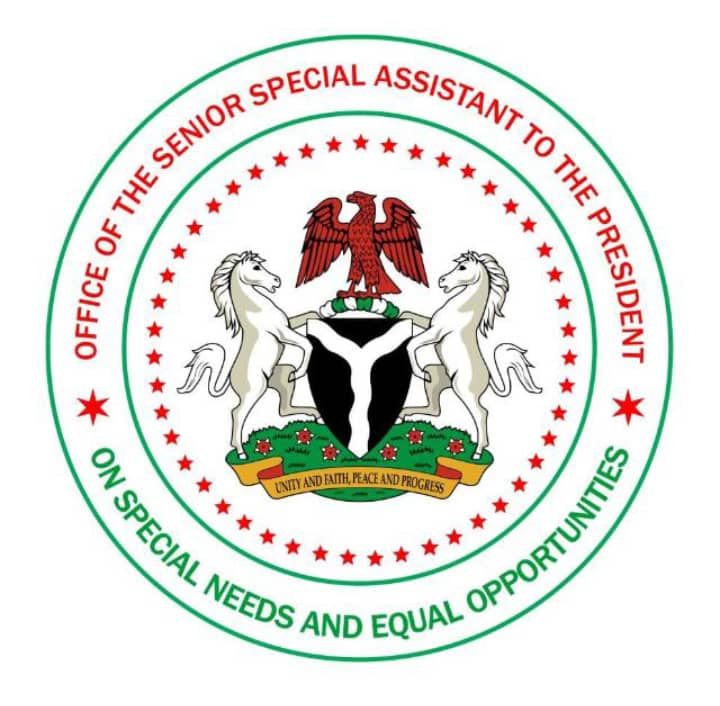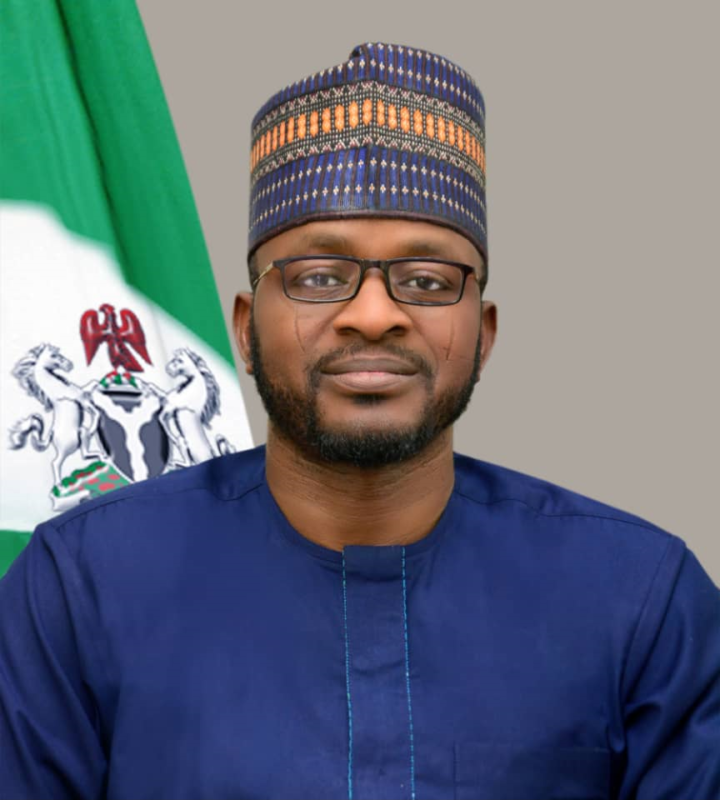By Lanre Oloyede
In line with the mandate given to him by President Bola Ahmed Tinubu to create economic opportunities for Persons With Disabilities (PWDs), the Senior Special Assistant to the President on Special Needs and Equal Opportunities, Hon. Mohammed Abba Isa, has partnered with Ashraaf Foundation to empower several PWDs with agripreneurship skills.
The initiative took place at a workshop inside the Faculty of Agriculture, University of Abuja.


Themed “Ramadan’s Bounty: Sowing Seeds of Generosity and Prosperity through Agripreneurship and Social Inclusion,” the workshop was organized by Ashraaf Islamic Foundation in collaboration with the Faculty of Agriculture, University of Abuja.
The participants included PWDs and students from the university, all eager to learn practical skills that would enable them to become successful agricultural entrepreneurs.


A Call for Economic Inclusion through Agriculture
In his goodwill message, Hon. Abba Isa, who was ably represented by his Director Media and Communications, Lanre Oloyede, emphasized the significance of the initiative, especially in the spirit of Ramadan, a time of reflection, charity, and empowerment. He highlighted the workshop as a step toward fostering economic inclusion for PWDs in Nigeria.
The Senior presidential aide stated that: “As we observe this sacred month, we are reminded of the virtues of charity, support for the vulnerable, and collective progress. There is no better way to embody these values than by creating opportunities for PWDs to engage meaningfully in economic activities—especially in agriculture, a sector that remains the backbone of our nation.”


The SSAP further underscored the potential of agriculture in national development, noting that Nigeria’s agricultural sector contributes significantly to the country’s GDP and serves as a viable platform for employment, wealth creation, and food security.
However, he pointed out that PWDs have historically been marginalized due to limited access to resources, training, and opportunities.
“Today’s workshop is a significant step toward correcting this imbalance. By equipping PWDs with the knowledge and practical skills needed to become successful agripreneurs, we are not only lifting individuals out of poverty but also strengthening the economic fabric of our nation. This aligns perfectly with the Renewed Hope Agenda of President Bola Ahmed Tinubu’s administration, which prioritizes economic inclusion, poverty eradication, and food security.”


The Senior Presidential aide commended Ashraaf Islamic Foundation for its commitment to disability empowerment, acknowledging the importance of both theoretical and practical training in equipping participants with the necessary skills.
He encouraged beneficiaries to maximize the opportunity, seeing it as the first step toward economic independence.

Ashraaf Foundation’s Vision for PWD Empowerment
The Director of Training and Development at Ashraaf Islamic Foundation, Mallam Abdulganiy Tijani, reiterated the foundation’s commitment to supporting vulnerable groups, including PWDs, widows, and unemployed graduates. He emphasized that the workshop was not just about training but about fostering economic empowerment and social inclusion.

Mr. Tijani said: “We believe that everyone deserves the opportunity to reach their full potential, regardless of their background or circumstances. Through this workshop, we aim to equip participants with modern agricultural practices, entrepreneurship skills, and the confidence to start their own agric-businesses.”


He outlined the objectives of the training, which include:
✓Providing training on modern agricultural techniques and entrepreneurship
✓Empowering participants with knowledge and confidence to start agribusinesses
✓Promoting social inclusion and networking opportunities
✓Enhancing economic well-being and self-reliance among PWDs
✓Contributing to food security and sustainable agricultural practices

Similarly, the Director of Finance and Administration at Ashraaf Foundation, Mallam Wasiu Sulaimon, educated participants on the diverse opportunities available in the agricultural sector.
Sulaimon emphasized that agripreneurship extends beyond crop farming to include livestock rearing, agricultural processing, storage, and transportation.


“Agriculture is not just about planting crops. It includes livestock farming, food processing, storage, and transportation. For instance, you can build warehouses where farmers pay to store their produce, or engage in haulage services to transport farm products from farms to markets. These are all profitable ventures in the agricultural value chain,” he explained.

Changing the Mindset Towards Agriculture as a Business
Delivering the keynote address, Prof. Akeem A. Oyerinde, the Dean, Faculty of Agriculture, University of Abuja, encouraged participants to view agriculture as a business rather than merely a means of food production.
Prof. Oyerinde stressed the importance of innovation in agripreneurship, urging young agripreneurs to add value to their products to attract customers and maximize profitability.
He said: “Agripreneurship is about introducing new products or unique solutions to the market. We need to shift the mindset from agriculture as just food production to agriculture as a business. Value addition is key to making agricultural products more appealing to consumers.




A Step Towards Sustainable Development
The workshop concluded with a special Iftar session, symbolizing the integration of faith, economic empowerment, and community support. Participants left the event not only with valuable agricultural knowledge but also with renewed hope for a future of economic self-sufficiency.
With initiatives like this, Hon. Mohammed Abba Isa and Ashraaf Foundation continue to break barriers for PWDs in Nigeria, ensuring that no one is left behind in the journey toward economic empowerment and national development.

S


